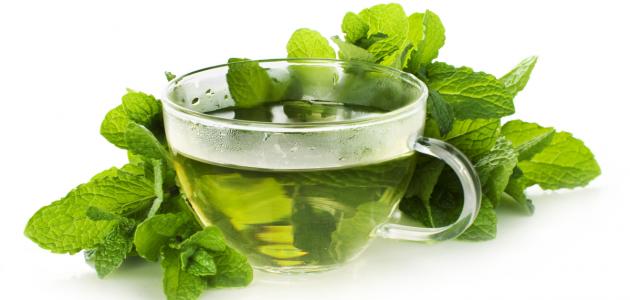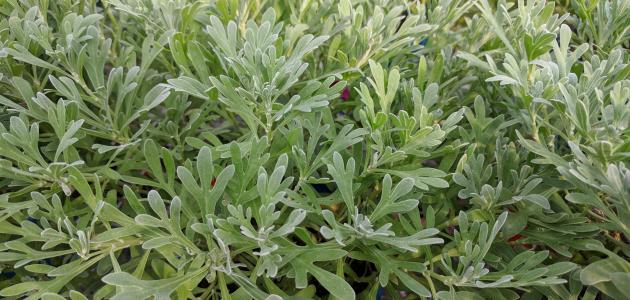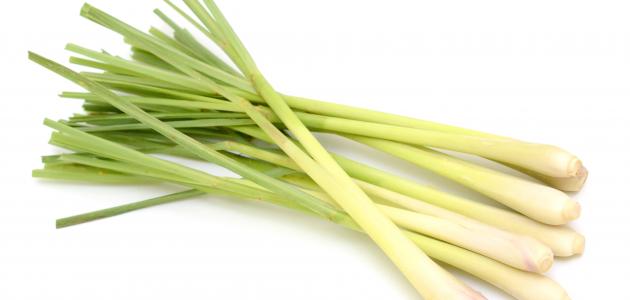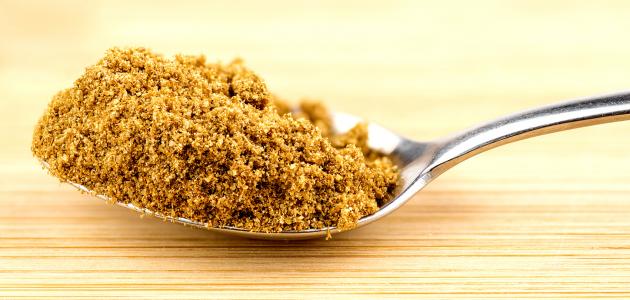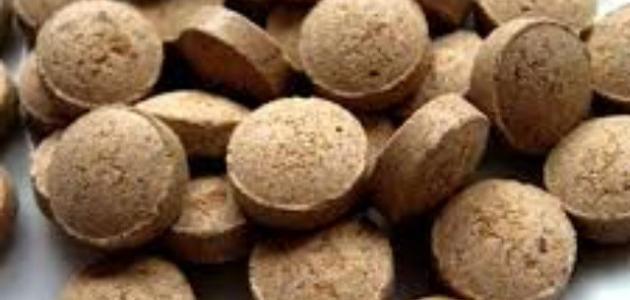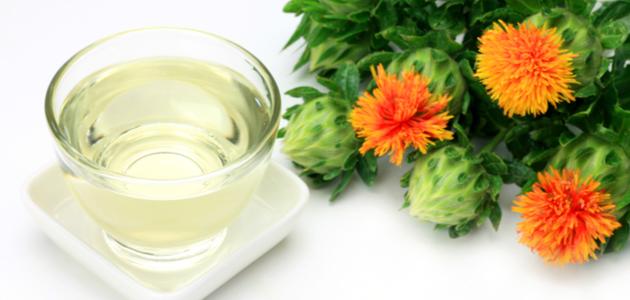Contents
- 1 Senna Makki
- 2 Senna cultivation
- 3 Benefits of senna according to the degree of effectiveness
- 4 Safe doses of senna
- 5 possible side effects of using senna maki
- 6 Degree of safety and precautions for using senna
- 7 Pharmacological interactions of senna
- 8 common questions about the use of Sanamaki
- 9 References
Senna Makki
Senna, or senna, is a perennial shrub that is cultivated in semi-arid lands, and grows at a height of approximately 90 cm, and has green stems, and smooth leaves of a grayish-green color, and this shrub belongs to a family called Caiaceae, or the scientific name: Caiaceae. It bears compound leaves of small, oval-shaped leaves that are arranged in pairs, and one leaf bears 5-8 pairs of leaves that appear 60-70 days after planting the seeds, and the senna produces flowers of color. Yellow and medium size after 90 days of sowing seeds, and it should be noted that there are two types of senna: The first is Cassia-C. senna, which is found along the Nile River in Egypt and Sudan, and the second is C. angustifolia, also known as Tinnevelly senna, found in the southern and eastern parts of India.[1] Maci has about 250-260 species of flowering plants, and they all contain the compound anthraquinone, which has laxative properties for constipation. [2]
Senna is available as a tea, liquid, powder, or tablet. [3] It is worth noting that there are no regulated manufacturing standards for many herbal compounds, and some of these supplements have been found to be contaminated with toxic metals or drugs, so these herbal supplements should only be purchased from trustworthy places. This is to reduce the risk of contamination, in addition to the importance of using senna maki as the label explains, or as prescribed by the specialist doctor, and it is worth noting the importance of avoiding consuming senna maki in large quantities, or for a longer period than recommended. [4] As this may cause liver problems, and others, the extracts of the Senna leaves, its flowers, and its fruits have been used for centuries in folk medicine as a laxative and stimulant, in addition to their use in many types of herbal teas. [5]
Senna cultivation. Makki
Senna grows usually in areas with warm temperatures and tropical regions. It also prefers sandy soils of medium fertility and good drainage, but it cannot greatly increase irrigation, and it is worth noting that the senna is usually grown as an annual plant - that is, it grows for one agricultural season. But it can also last for two to three years. As for the crop that it produces, it varies according to soil conditions and irrigation, for example India produces approximately 700 kilograms of senna leaves irrigated with rainwater per year only for every 0.01 square kilometers. The same area yields 1,400 kilograms of senna leaves when irrigated. [6]
The benefits of senna, according to the degree of effectiveness
The senna herb provides many health benefits for the body, which vary according to the degree of its effectiveness, and in the following is a breakdown of that:
Likely Effective
- Relieve constipation: Senna has been used for thousands of years to relieve constipation , and it is authorized by the Food and Drug Administration as a laxative without the need for a prescription, and it can be used to clean the intestine before performing surgeries or diagnostic tests of the digestive system; As a colonoscopy, the active substance in senna is called Sennosides, and it is a plant compound that irritates the lining of the intestine, which gives a strong laxative effect, and it is worth noting that bowel movement begins about 6 to 12 hours after taking Senna Maki by mouth It is more effective if taken rectally. As the bowel movement begins after only 10 minutes, [7] [8] It has also been found that senna is more effective in treating persistent constipation in the elderly if it is used withPsyllium , in addition to its use with sodium ducosate, it makes it more effective in elderly people who have had colon and rectal surgery . [9]
Possibly Effective
- Preparing the intestine before colonoscopy: Since the macroscopic senna has a similar effect to the effect of castor oil and bisacodyl in cleaning the intestines, and some evidence has found that senna Meccan has a similar effect to the polyethylene glycol used to clean the intestine, but the evidence opposes in that; Whereas, it is unclear whether taking senna maki with polyethylene glycol is more effective than taking polyethylene glycol alone, and it is worth noting that senna maki is less effective than sodium picosulfate in cleaning the intestine, but taking a mixture of senna maki and polyethylene glycol, Sodium picosulfate is more effective than sodium picosulfate alone in preparing the intestine before a colonoscopy. [10]
There is insufficient evidence of its effectiveness (Insufficient Evidence).
- Helping to lose weight: Some researchers suggest that drinking Maki Senna tea may stimulate weight loss , however there is no evidence that Maki Senna tea has these benefits, in addition to the fact that the use of laxatives is not a safe way to lose weight, or to reduce fat from the body, [11] To achieve weight loss using senna, it must be taken for longer periods than recommended, and in larger doses as well, and this may cause serious health problems, as anorexia has been recorded.Neuroticism for a person who used to take approximately 100 tablets of Senna a day, and this has led to the development of a condition called kidney calcification ; That is, high levels of calcium in the kidneys, and finger clubbing. It is a deformity in the shape of the fingers, in addition to diseases in the joints and bones. [1]
- For more information about the benefits of senna for weight loss, you can read the article on the benefits of senna for weight loss .
- Other benefits There is not enough evidence for its effectiveness: There is not enough evidence to explain the benefits of senna in some cases, including: hemorrhoids, irritation of the colon, and others. [12]
Possibly Ineffective
- Improving medical diagnostic imaging: Taking maci does not seem to improve imaging of organs in the abdominal area. [8]
Safe doses of senna maki
Senna Makki is a laxative approved by the Food and Drug Administration without the need for a prescription. Where it is recommended that people aged 12 years and over consume 17.2 milligrams per day, taking care not to exceed the permissible limit, which is 34.4 milligrams per day, and the consumption of 8.5 milligrams per day is recommended for children with constipation. [13]
Possible side effects of using senna maki
Senna may cause some uncomfortable and dangerous side effects in some cases, including: [3]
- Diarrhea .
- Convulsions.
- Fluid loss.
- Abdominal pain .
- feel helpless.
- Electrolyte imbalance.
It should be noted that long-term use of senna may cause bowel movement dependence on it, in addition to finger clubbing - which can be treated -, rectal bleeding, and emaciation, and you should see a doctor if you have any of these symptoms. It is important to drink ample quantities of fluids and solutions that supply the body with the electrolytes lost when consuming senna, in order to avoid fluid or electrolyte loss, especially in the event of diarrhea, and to treat cramps or abdominal pain, the dose must be reduced until symptoms subside. . [3]
The degree of safety and precautions for using senna
Eating senna for a short time is usually safe for most adults and children over the age of two years, but it may not be safe when consumed for long periods or in high doses, and therefore experts advise to avoid using senna for a period exceeding two weeks, as long-term use of it may lead to Stopping normal intestinal functions, and it may cause dependence on the laxative effect of the herb, and it may also lead to a change in the quantities of chemicals and electrolytes in the blood or an imbalance of them, and this may cause heart function problems, muscle weakness, liver damage, and other problems, in addition In addition, in some cases they must take caution and caution when using senna, and we mention from these cases the following: [10]
- Pregnant and breastfeeding women: It can be said that consuming senna for a short period is probably safe for pregnant and breastfeeding women, but it is likely not safe when consumed for long periods and in large doses on a continuous basis, as this is related to liver damage, and reliance on laxatives to perform bowel functions, despite Although the senna is passed out of the mother's milk for the child, this does not seem to affect the infant. It does not change the frequency or consistency of the baby's stool.
- People who suffer from dehydration and diarrhea: Senna should not be used in the event of these conditions. Because it may make it worse.
- People who suffer from diseases of the digestive system: Avoid using senna in case of abdominal pain, intestinal obstruction, Crohn's disease , ulcerative colitis, or appendicitis , Gastritis, or rectal prolapse, in addition to diarrhea or hemorrhoids.
- People with heart disease: Senna may cause electrolyte disturbances, which worsens the incidence of people with heart disease .
- Hepatotoxicity: As consuming senna for periods, and in larger quantities than recommended, may cause liver damage, as symptoms of infection usually appear after 3 to 5 months of consumption, and an increase in serum enzymes has appeared inside the hepatic cell, and it causes re-exposure to the senna for a recurrence. Rapid liver damage again.
Pharmacological interactions of Senna Maki
Senna may interfere with some types of medicines, and we mention the following: [12]
- Birth control pills : Ethinyl estradiol is a form of estrogen found in some birth control pills. Senna Maki may reduce the amount of the estradiol hormone that the body absorbs from them, which may reduce the effectiveness of birth control pills .
- Digoxin: ; Senna is an active laxative that may reduce potassium levels in the body, and this may increase the risk of side effects from this drug.
- Estrogen hormone: Some hormone replacement pills contain a chemical called estrone, and senna may cause a decrease in the levels of this substance in the body, thus affecting the effectiveness of treatment using hormone replacement.
- Warfarin: Senna may cause diarrhea in some people, and this may increase the effect of the use of warfarin, and thus increase the risk of bleeding, and therefore you should avoid consuming large amounts of senna with this drug.
- Diuretics: As laxatives such as maca may cause a decrease in the levels of potassium in the blood, and diuretics may cause this as well, so you should avoid using senna maki with diuretics at the same time to avoid a severe decrease in potassium levels, and among these diuretics: chlorothiazide , chlortalidone , and furosemide , and others.
- Some herbal supplements: It is believed that horsetail and licorice are herbs that may reduce potassium levels in some people, so taking senna maki with these herbs may cause a severe decrease in potassium levels in the blood. [3]
Common questions about the use of Senamaki
What is the way to use Alsnamaki
Senamaki is eaten in the form of tea prepared from the leaves of the herb, and sometimes it is prepared by adding other herbs to it, and this herb is also available in the form of nutritional supplements. [14]
For more information on the use of senna, read the article How to Drink Senamaki .
Meter begins the effect of Senamaki
The effect of the senna herb usually begins within 8 hours of eating it, as as mentioned earlier, its leaves and fruits have a laxative effect that may contribute to relieving constipation. [15]
For more information about the effect of the snamki, you can read the article When does the snamki start effect .
References
- ^ A b D for sale. Balasankar, K for sale. Vanilarasu, Preetha of P. And Others (2013), "Senna - A Medical Fty the Miracle" , Journal Unit Of Medicinal Plants Studies have , Issue 3, 1 the Folder, 41-47 . Page. Edited.
- ↑ "What is Senna?" , www.patientslikeme.com , 20-10-2019, Retrieved 20-10-2019. Edited.
- ^ A b t w Nicole Galan (20-1-2018), "Is Senna Tea To Drink Safe?" , Www.medicalnewstoday.com , Retrieved 20-10-2019. Edited.
- ↑ Sanjai Sinha (20-1-2019), “Senna , ” www.drugs.com , Retrieved 20-10-2019. Edited.
- ↑ "SENNA (CASSIA SPECIES)" , www.livertox.nih.gov , Retrieved 20-10-2019. Edited.
- ↑ [www.tropical.theferns.info "Senna alexandrina"], http://tropical.theferns.info/viewtropical.php?id=Senna+alexandrina , Retrieved 17-11-2019. Edited.
- ↑ Cathy Wong (7-10-2019), "The Health Benefits of Senna" , www.verywellhealth.com , Retrieved 10-20-2019 . Edited.
- ^ A b "Senna" , Www.medlineplus.gov , 18-4-2019, Retrieved 20-10-2019. Edited.
- ↑ "SENNA" , www.webmd.com , Retrieved 20-10-2019. Edited.
- ^ A b "Senna" , Www.emedicinehealth.com , 17-9-2019, Retrieved 20-10-2019. Edited.
- ↑ Cathy Wong (9-25-2019), "The Health Benefits of Senna Tea" , www.verywellhealth.com , Retrieved 10-21-2019. Edited.
- ^ A b "SENNA" , Www.rxlist.com , Retrieved 21-10-2019. Edited.
- ↑ Natalie Olsen (5-6-2017), "What Is Senna Tea?" , Www.healthline.com , Retrieved 21-10-2019. Edited.
- ↑ Ansley Hill (09-06-2020), "What Is Senna Tea, and Is It Safe?" , Www.healthline.com , Retrieved 1-09-2020. Edited.
- ↑ "Senna (including Senokot)" , www.nhs.uk , 1-24-2019, Retrieved 1-09-2020. Edited.




